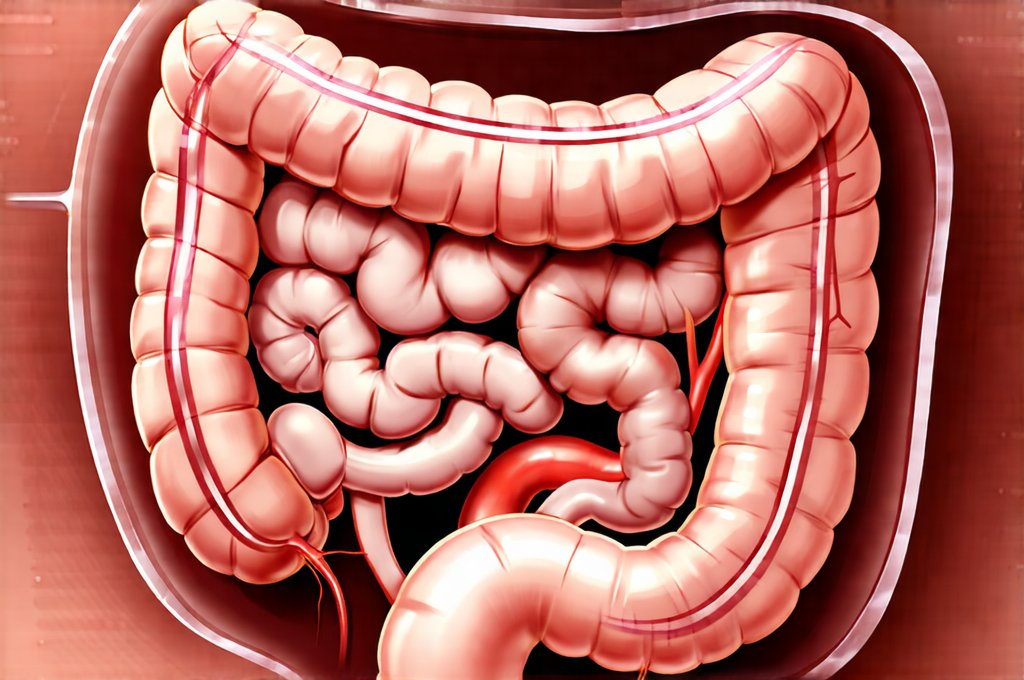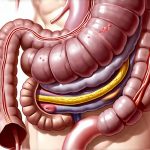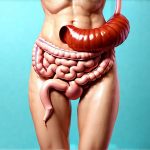The digestive system is often an overlooked cornerstone of overall wellbeing. When it functions optimally, we barely notice it; when things go awry, its impact can permeate every aspect of our lives. Many people experience issues with gut transit – the speed at which food moves through the digestive tract – and subsequently, a feeling of pressure, bloating, or discomfort. These aren’t necessarily signs of serious illness but rather indicators that something is off-balance within the intricate ecosystem of your gut. Addressing these imbalances naturally can significantly improve quality of life, fostering not just physical comfort but also enhanced nutrient absorption and a stronger immune system.
Often, slow transit (constipation) or overly rapid transit (diarrhea) are symptoms of lifestyle factors rather than inherent digestive flaws. Stress, dehydration, poor diet choices, and lack of physical activity all play a significant role. The modern diet, frequently high in processed foods and low in fiber, contributes heavily to these imbalances. However, by focusing on simple, sustainable changes – incorporating more whole foods, prioritizing hydration, managing stress levels, and embracing regular movement – it’s often possible to restore healthy gut transit and alleviate unpleasant pressure without resorting to drastic measures or relying solely on medication. The goal isn’t just symptom management; it’s about nurturing a resilient and balanced digestive system that supports your overall health. Understanding gut stability is also key to maintaining balance.
Dietary Strategies for Optimized Gut Transit
Diet is arguably the most influential factor in regulating gut transit time. A diet lacking sufficient fiber is a common culprit behind constipation, while certain foods can exacerbate rapid transit, leading to diarrhea. However, it’s not simply about adding fiber; it’s about incorporating diverse sources of fiber and understanding how different foods impact your individual system. A personalized approach is key.
Soluble fiber, found in foods like oats, beans, apples, and citrus fruits, absorbs water, forming a gel-like substance that softens stool and promotes regularity. Insoluble fiber, prevalent in whole grains, vegetables, and wheat bran, adds bulk to the stool, stimulating intestinal movement. A healthy balance of both is essential. Beyond fiber, incorporating probiotic-rich foods – such as yogurt (with live cultures), kefir, sauerkraut, kimchi, and kombucha – can help cultivate a thriving gut microbiome, which plays a vital role in digestion and motility. These beneficial bacteria aid in breaking down food, reducing inflammation, and supporting healthy bowel function. Learning how to keep gut health simple can make these changes easier.
Furthermore, identifying and minimizing trigger foods is crucial. For some individuals, dairy products, gluten, or specific FODMAPs (Fermentable Oligosaccharides, Disaccharides, Monosaccharides, And Polyols) can contribute to bloating and altered gut transit. An elimination diet, under the guidance of a healthcare professional, can help pinpoint these sensitivities. Hydration is also paramount; water softens stool and facilitates its movement through the digestive tract. Aim for at least eight glasses of water per day, adjusting based on activity level and climate.
The Role of Specific Foods & Beverages
Certain foods and beverages consistently demonstrate positive effects on gut health and transit time. Plums and prunes, naturally containing sorbitol (a sugar alcohol with mild laxative properties), are often recommended for constipation relief. However, consume them in moderation to avoid discomfort. Similarly, ginger has been shown to stimulate digestion and reduce nausea, potentially aiding in faster transit. A simple ginger tea can be a soothing addition to your daily routine.
Flaxseeds and chia seeds are excellent sources of both soluble and insoluble fiber, as well as omega-3 fatty acids, which have anti-inflammatory benefits. Adding a tablespoon or two to smoothies, yogurt, or oatmeal can significantly boost your fiber intake. Conversely, reducing consumption of highly processed foods, sugary drinks, and excessive amounts of red meat can lessen the burden on your digestive system. Focusing on whole, unprocessed foods is always a beneficial starting point.
Finally, peppermint tea can help relax the intestinal muscles, potentially easing bloating and discomfort. However, individuals with heartburn or GERD should exercise caution as peppermint can sometimes exacerbate these conditions. Remember that everyone reacts differently to various foods, so paying attention to your body’s signals and adjusting your diet accordingly is crucial for long-term success. Understanding how GERD can reduce your tolerance can help you manage these conditions.
Hydration & Electrolyte Balance
Dehydration directly impacts gut transit, leading to harder stools and slower movement. As mentioned earlier, aiming for eight glasses of water daily is a good starting point, but individual needs vary. Factors such as exercise, climate, and overall health status influence hydration requirements. Pay attention to the color of your urine – pale yellow indicates adequate hydration, while dark yellow suggests you need to drink more fluids.
However, it’s not just about quantity of water; electrolyte balance is equally important. Electrolytes—sodium, potassium, magnesium, and chloride—are essential for proper muscle function, including the muscles in your digestive tract. When electrolyte levels are imbalanced, it can disrupt gut motility. Consuming electrolytes through food sources or electrolyte-rich beverages (like coconut water) can help maintain optimal hydration and support healthy digestion.
Avoid excessive caffeine and alcohol consumption, as these act as diuretics, promoting fluid loss and potentially leading to dehydration. Consider incorporating hydrating foods into your diet such as cucumbers, watermelon, spinach and berries. Maintaining adequate hydration is a foundational element of gut health. Gut healing after illness often relies on proper hydration too.
Mindful Eating Practices
The way we eat—not just what we eat—significantly impacts digestion. Rushing through meals, eating while stressed, or consuming food on the go can disrupt the digestive process. Mindful eating involves slowing down, savoring each bite, and paying attention to your body’s hunger and fullness cues. This allows for better chewing, which breaks down food more efficiently, reducing the workload on your intestines.
Eating in a relaxed environment minimizes stress hormones that can interfere with digestion. Turn off distractions like phones and televisions during mealtimes, and focus on enjoying your food. Chewing thoroughly is essential as it begins the digestive process in the mouth. This reduces the strain on the stomach and intestines, promoting better nutrient absorption and smoother transit.
Furthermore, avoid eating large meals, especially before bedtime. Overeating can overwhelm the digestive system and contribute to bloating and discomfort. Instead, opt for smaller, more frequent meals throughout the day. Finally, listen to your body’s signals – if you feel full, stop eating, even if food remains on your plate. Prioritizing mindful eating cultivates a healthier relationship with food and supports optimal gut function. Eat seasonally to further enhance the benefits of your diet and support your system. Additionally, you might consider liver regeneration for overall health.


















